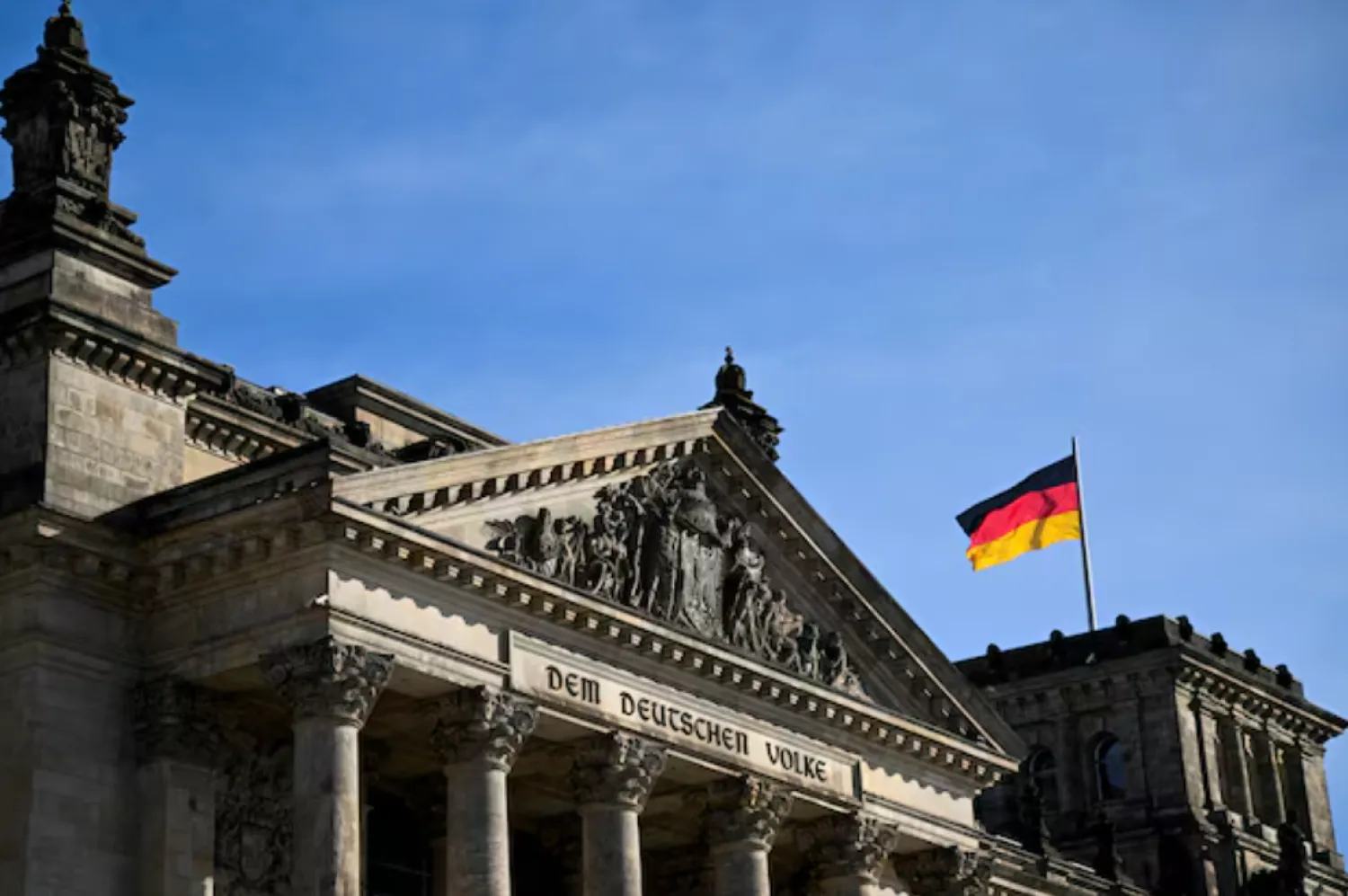Israeli Foreign Minister Eli Cohen has said that Europe is finally coming to Israel's side on Iran.
Cohen held consultations with senior European officials in Brussels as part of Tel Aviv's efforts to push the EU to take a more assertive policy with Iran, according to the Times of Israel website.
Cohen said that he discussed with the President of the European Parliament, Roberta Metsola, the importance of the EU designating the Iranian Revolutionary Guard Corps (IRGC) as a terrorist organization.
Cohen said on his Twitter account that he discussed with Metsola ways to promote a determined fight against Iranian nuclear plans.
He said Europe "understands the danger of the Iranian reign of terror now more than ever," adding that economic and political sanctions should be expanded to include other entities.
On Monday, Israeli Prime Minister Benjamin Netanyahu said that Israel's top priority was preventing Iran from acquiring a nuclear weapon and confronting Tehran's "proxies" in the region.
Meanwhile, 25 members of the Knesset withdrew their signatures from a letter recommending the Foreign Ministry supports the independence of "South Azerbaijan" in northwestern Iran.
Initially, a group of 32 lawmakers from parties supporting Netanyahu supported the demands of some Azeri parties opposing Iran to establish the "South Azerbaijan" state.
Israeli Intelligence Minister Gila Gamliel tweeted that she had persuaded the deputies who signed the recommendation to retract the letter.
She said that she was informed of the so-called proposal to support the movement for autonomy, and the members of the Knesset were convinced to back down."
The minister asserted that fighting the regime of religious extremism is a common desire of many countries.
The recommendation angered the Iranian media, but the authorities did not comment.
It also prompted angry reactions among the nationalist parties in Iran, including supporters of the Shah's son, Reza Pahlavi, who visited Israel last month at the invitation of Gamliel.
In a tweet, Reza Pahlavi described the Israeli lawmakers' statement as a "verbal assault on Iran's territorial integrity," saying it was "unacceptable and a service to the interests of the anti-Iranian Islamic Republic regime."
He added that the letter was "in total conflict with the positions communicated to me by Israeli leaders and senior government officials during my recent meetings with them."









